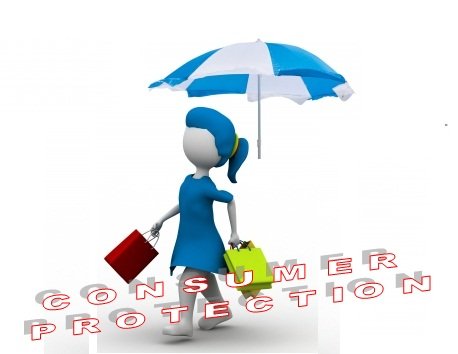Commercial law is all about business from the complicated transactions to the complex mergers to countless more. However, we can’t forget about consumers, the very people who are affected by these processes, although they rarely if ever have a say in any of them. In fact, the average consumer does just that: consume. They know little about what it is they are consuming or why it matters that they do know, which is why professionals like lawyers and activists take on what happens when things go wrong.
In fact, when something does go wrong, consumers are usually the first to know. But, by then, it’s just too late, and a faulty product or spoiled food has already caused damage to them or to their family.
Although thanks to the lawyers and activists who speak up for consumers, the law does offer some protection for them, shouldn’t consumers– the ones affected, do more?
Well, that’s why in many states, like Alabama, commercial law and consumer protection go hand in hand. In fact, Alabama has this following rule of law, aptly named: Alabama Code Title 8 on Commercial Law and Consumer Protection.
A Closer Look at Consumer Protection: Texas’ DTPA
In Texas the Texas Deceptive Trade Practices Consumer Protection Act (DTPA) works to protect consumers from a variety of poor business practices and states:
“The underlying purpose of this Act is to protect consumers against false, misleading, and deceptive business practices, unconscionable actions, and breaches of warranty and to provide efficient and economical procedures to secure such protection.”
In addition, breaches of a warranty, either express or implied, are considered violations of the DTPA; and, unconscionable, false, misleading, and deceptive acts are also considered violations of the DTPA.
A DTPA violation made by a manufacturer or retailer allows a consumer to gain monetary damages from that manufacturer or retailer. However, it’s never that simple, which is why the law is always long.
What about Other States?
Many other states have their own take on consumer protection, but it is almost always tied and tracked to commercial law.
So, let’s take a closer look at why it’s important to protect consumers from the bad business practices that are often a big part of commercial, or business, law, something many states still struggle to do.
The Importance of Consumer Protection
Is consumer protection important? Why should lawyers, activists, and states bother protecting consumers?
Well, you are probably– no, definitely, a consumer. That is, if you buy or use anything you can think of and everything you’ve actually bought or used. So, it’s in your best interest to be protected from the dangers of commercial law, right? It might seem selfish to say it, but consumer protection is important because it means protecting you, your family, and your friends.
In addition, protecting consumers means regulating businesses, which is always better for everyone involved in the processes of business either directly or indirectly. Why?
Well, when business partners feel safe, business booms. When consumers trust the market and its players, then business booms again.
Doesn’t that sound important– and good, to you?



